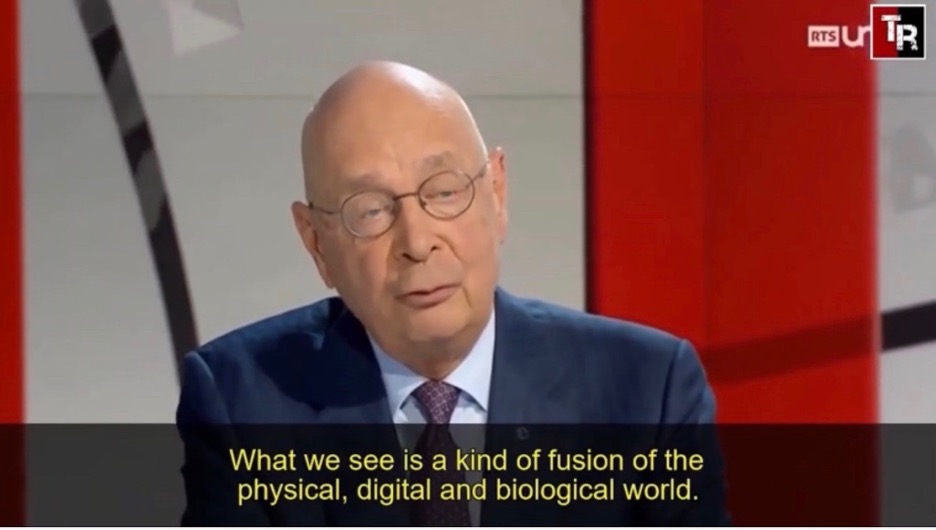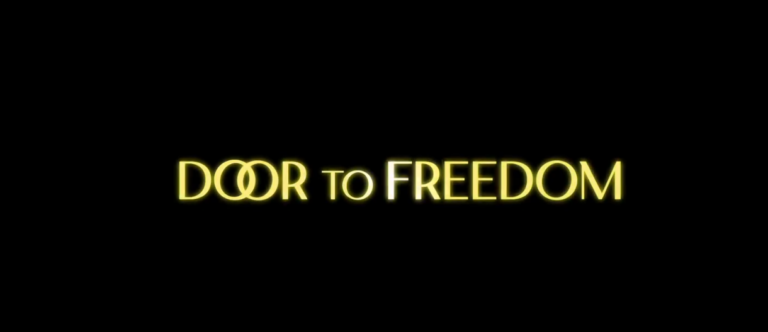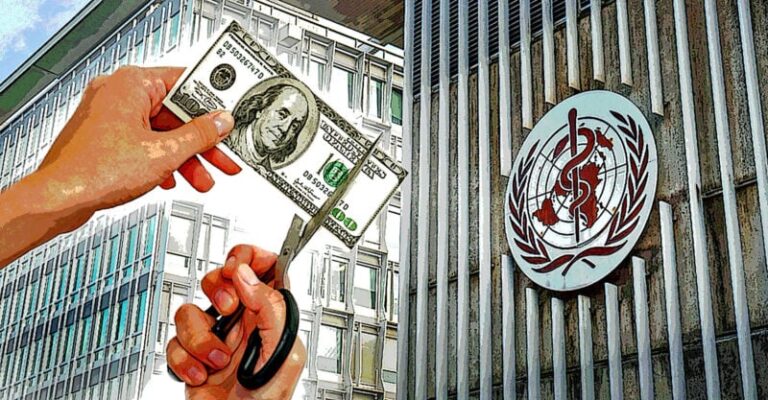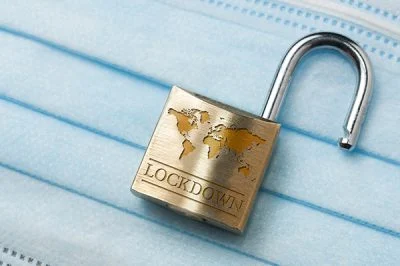What is the World Economic Forum (WEF)?
Did you know that the most powerful and influential people in government and private industries from around the world have been meeting regularly for over 50 years?
The World Economic Forum (WEF) bills itself as “The International Organization for Public-Private Cooperation”.
From their public page:
“Deeply anchored in the public and private sectors, the Forum is the only global organization serving this role, bringing together the world’s foremost CEOs, heads of state, ministers and policy-makers, experts and academics, international organizations, youth, technology innovators and representatives of civil society in an impartial space with the aim of driving positive change.”
And
“We have no ideological or commercial interests. This does not mean that we are neutral – we are committed to improving the world in ways that are objective, measurable and sustainable.”
The Forum holds four major annual meetings:
- The World Economic Forum Annual Meeting, held in Davos-Klosters, Switzerland, shapes global, regional and industry agendas at the beginning of the calendar year.
- The Annual Meeting of the New Champions, the Forum’s annual meeting on innovation, science and technology, is held in the People’s Republic of China.
- The Annual Meeting of the Global Future Councils, held in the United Arab Emirates, brings together the world’s leading knowledge community to share insights on the major challenges facing the world today.
- The Industry Strategy Meeting brings together Industry Strategy Officers to shape industry agendas and explore how industries can shift from managing change to pioneering change.
The World Economic Forum has no power to make government and corporate decisions, but it may have considerable ability to influence political and business policy decisions. The purpose of its annual meeting is to bring the world’s decision-makers together regularly to discuss the pressing problems of the day and consider how best to address them.
The World Economic Forum has three focus areas that drive its agenda and activities:
- Mastering the Fourth Industrial Revolution (4IR). 4IR refers to the current era that has seen the rapid emergence of several novel and transformative technologies that impact how we live. These involve the increased connectivity and power of computers, machine learning and Artificial Intelligence (AI), sophisticated human/machine interaction (robotics, virtual reality) and “advanced” engineering (e.g. 3D printing, design of nanoparticles).
- Solving the problems of the global commons (those areas or regions which are outside the exclusive jurisdiction of the nation states and require common governance and management by the international community, such as oceans and space).
- Addressing global security issues.
Investopedia summarizes:
“The World Economic Forum’s (WEF) membership is a cross-section of the global elite from the private and public sectors and includes some of the most prominent CEOs, diplomats, celebrities, media personalities, government officials, religious leaders, and union representatives from around the world.”
History of the WEF
Founded in 1971 in Geneva, the WEF has a mission based on what is known as stakeholder theory. Stakeholder theory proposes that while a private sector company’s aim is to increase profits for its shareholders, it must consider the rest of society as having a stake in the company’s actions. The needs of stakeholders such as employees, customers the company serves, and the local and global community should be taken into account when making critical decisions.
Who attends the meetings?
The World Economic Forum does not publish a members list but does list meeting delegates and partners. There are approximately 1,000 WEF partners which include companies from media, energy, aerospace, banking as well as non-profit institutions.
The Forum is also attended by several thousand key figures from governments from around the world.
Why should we, as global citizens, be concerned?
Though the WEF is a not-for-profit organization and claims that it has no commercial or ideological interests, many members are private companies that are primarily interested in maximizing their earnings. The WEF offers a means for such private interests to collaborate with world governments that, like many, generally seek to expand their authority.
The WEF openly admits that private/public partnerships (in other words, the blending of industry and government) are instrumental to achieve the WEF mission. Although collaboration between public and private institutions could, in theory, more efficiently serve the average person, history has repeatedly shown that collusion between government, industry and media will result in extreme consolidation of authority and power over people, while at the same time maximizing profits for industry and private interests.
Citizens of democratic, or so-called “free countries” that hold up individual rights as sacred depend on their government to regulate industries and special interests to prevent them from exploiting people and exploiting resources that belong to all. Citizens of such a country can only rely on their government if it is immune to the influence of the private sector.
In contrast, governmental control over media and industry is a primary feature of totalitarianism. Industry control (overtly or covertly) over government is one definition of fascism. Both result in the termination of civil liberties, privacy and self-determination for the common citizen.
The WEF states that it is “committed to improving the world in ways that are objective, measurable and sustainable”. However, only the WEF and its partners decide whether they are fulfilling their mission to “drive positive change”.
The WEF is an instigator of the Great Reset and the Fourth Industrial Revolution — which propose a transhumanist agenda and the entry of artificial intelligence into many aspects of our daily lives. The WEF founder and chairman, Klaus Schwab, promises there will be no going back to life as it was before the pandemic.
Klaus Schwab : We will never go back to normal.








